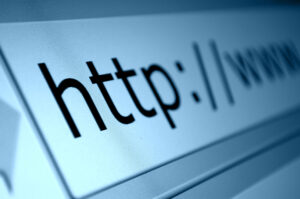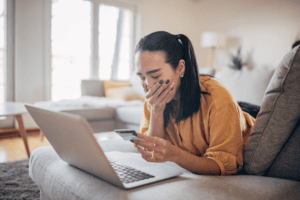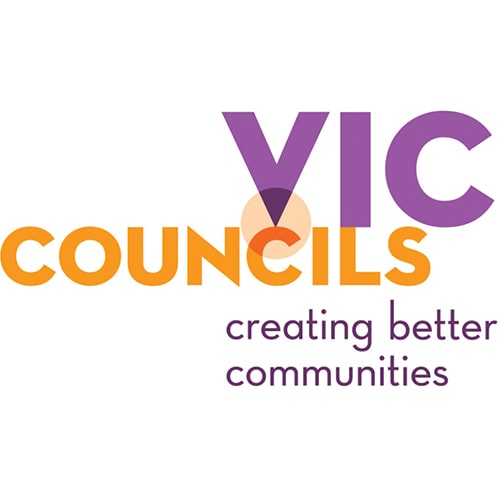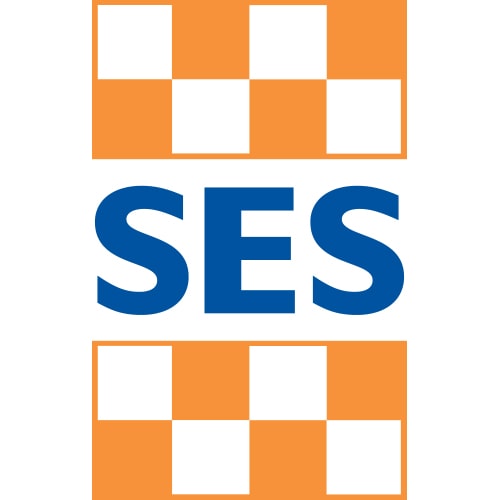State Office:
Neighbourhood Watch Victoria
Victoria Police Centre
311 Spencer Street
Docklands VIC 3008
General Enquiries: (03) 8335 6002
Media Enquiries: ceo@nhw.com.au
ABN: 41 586 657 273
Incorporation Number: A0018739R
Having your identity stolen can be emotionally and financially devastating and take years to resolve. Here’s how to recognise if your identity has been stolen and the key actions you should take.
Identity theft is when someone steals your personal, identifiable or sensitive information and uses it to defraud or harm you, such as falsely obtaining money, credit, loans or goods, setting up accounts or signing contracts in your name, stealing your superannuation, impersonating you on social media, committing crimes or harming your reputation.
Personal identifiable information is anything that helps to identify who you are or how to find you. It may include:
If your identity has been stolen, it might be a while before you realise it. Some of the signs to look out for include:
If you've been affected by a data breach, it's important to:





Neighbourhood Watch Victoria acknowledges the 38 mobs, the Traditional Custodians of the land on which we operate, live, and gather as employees and volunteers. We recognise their continuing connection to land, water and community and pay respect to Elders past, present and emerging.

At Neighbourhood Watch, we believe everyone has the right to feel safe and welcome. We are committed to ensuring diversity, inclusion and equity are embedded throughout our organisation – in the work we do, the services we deliver and among our staff, volunteers, and the communities we work with.


Neighbourhood Watch Victoria
Victoria Police Centre
311 Spencer Street
Docklands VIC 3008
General Enquiries: (03) 8335 6002
Media Enquiries: ceo@nhw.com.au
ABN: 41 586 657 273
Incorporation Number: A0018739R